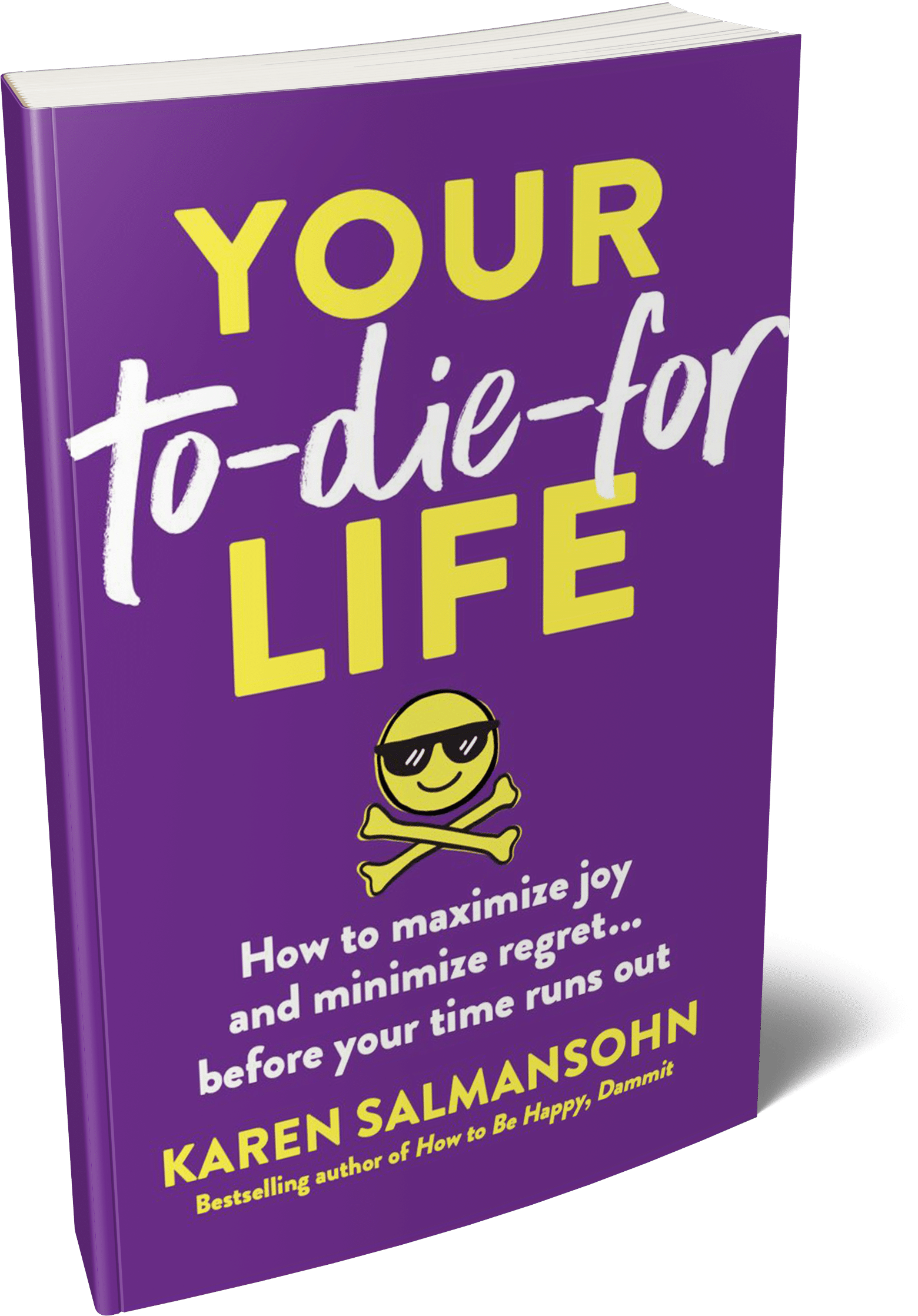
Get A Sneak Peek at my book “Your To-Die-For Life”!
Get a FREE sneak peek! Learn how to use Mortality Awareness as a wake up call to live more boldly.
 If you are consistently experiencing obsessive thoughts that raise your anxiety levels through the roof and you need to perform a set of behaviors to help cope with your obsessions you are likely to be experiencing OCD.
If you are consistently experiencing obsessive thoughts that raise your anxiety levels through the roof and you need to perform a set of behaviors to help cope with your obsessions you are likely to be experiencing OCD.
An obsessive compulsive disorder (OCD) can ruin and rule your life when you don’t feel that you have control over your emotions and experience higher than normal levels of anxiety.
The fundamental problem with OCD is that the behavior pattern that you develop as a coping strategy actually causes your anxiety to ramp up higher rather than easing those feelings.
If you feel that you suffer from OCD and it has gotten out of hand, the good news is that there are effective treatment options available to help you resolve the issue and find a way to cope.
I’m writing this article because I’m a knowledgeable expert on emotional and mental struggles – with about 2 million books sold globally.
Plus I founded the therapist recommended self-paced online course called The Anxiety Cure.
I love to help people to live calmer, happier lives. So I put together this article with the top key treatment options for OCD.
Quick reminder: You should seek professional medical guidance in the first instance to confirm your diagnosis. In addition, it can help to know about the treatment options available.
Once your OCD has been diagnosed the usual course of action to take as a first-line treatment of the condition would be to undergo a program of Cognitive Behavioral Therapy (CBT).
This is a type of talk therapy that is performed by a suitably qualified mental health professional.
The idea behind CBT is to focus on how you respond to your OCD in terms of feelings, behaviors, thoughts, and physical reactions that you experience when anxiety strikes.
Talking through your problems in a structured way can help to alleviate your symptoms.
An innovative and non-invasive technology that has been FDA approved since 2018 is Deep Transcranial Magnetic Stimulation (Deep TMS).
This unique method uses magnetic fields to target the part of your brain that is associated with mental health. It does not require anesthesia and there are no known side-effects.
In addition to CBT, psychopharmacology might also be suggested as a first-line treatment for your OCD.
There are a number of FDA-approved selective serotonin reuptake inhibitors (SSRIs) used to help alleviate the symptoms of OCD. However, it should be noted that there are a number of possible side effects and this treatment method may not be suitable for everyone.
The idea of this treatment is to explore the relationship between other events and significant features of your life and how it is impacting or contributing to your OCD.
Understanding the reasons why you feel anxious and how you respond to that anxiety could help you to change the way you react and reduce your anxiety.
This is often suggested as an additional form of therapy and is generally considered to be an effective treatment for OCD.
It works by gradually exposing you to the very stimuli that are associated with the anxieties that induce an episode of OCD. ERP helps you become accustomed to the process of your anxiety-inducing behavior. This can make it easier to reduce anxiety when you develop that level of familiarity.
These treatments offer a pathway to managing and resolving your responses to anxiety. If you can do that, you are well on the way to winning the battle against OCD.
Explore my therapist recommended audio and video course: The Anxiety Cure.
P.S. Before you zip off to your next Internet pit stop, check out these 2 game changers below - that could dramatically upscale your life.
1. Check Out My Book On Enjoying A Well-Lived Life: It’s called "Your To Die For Life: How to Maximize Joy and Minimize Regret Before Your Time Runs Out." Think of it as your life’s manual to cranking up the volume on joy, meaning, and connection. Learn more here.
2. Life Review Therapy - What if you could get a clear picture of where you are versus where you want to be, and find out exactly why you’re not there yet? That’s what Life Review Therapy is all about.. If you’re serious about transforming your life, let’s talk. Learn more HERE.
Think about subscribing for free weekly tools here.
No SPAM, ever! Read the Privacy Policy for more information.